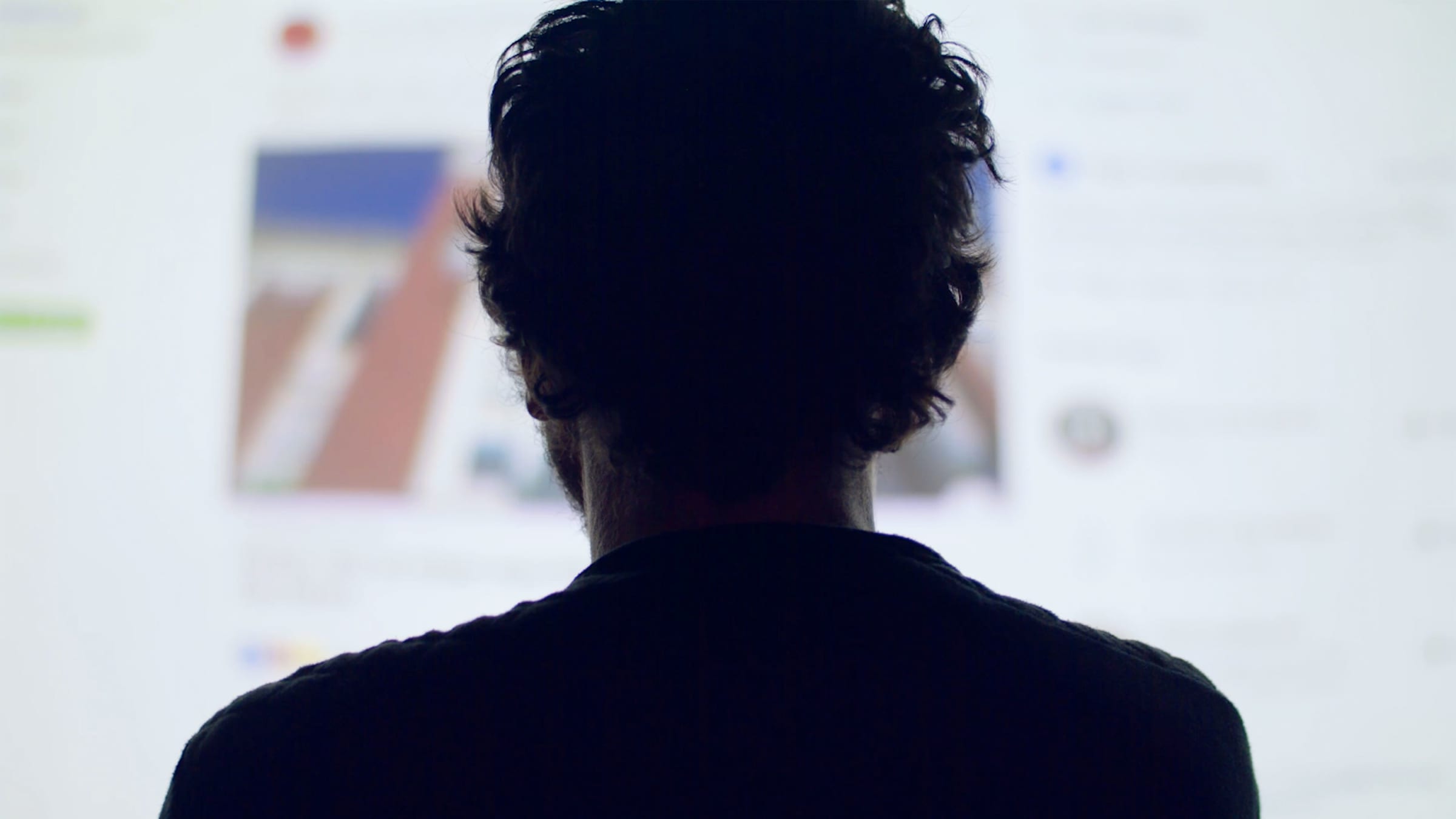How Facebook Can Easily Swing the Presidential Election

Sloan Science on Screen
In the new documentary “Coded Bias,” social scientist Zeynep Tufekci reveals just how massive Facebook’s impact is on elections. You can watch the scene exclusively here.
As millions of Americans cast their votes for the next president of the United States, all 435 members of the U.S. House of Representatives, and 35 contested seats in the U.S. Senate, it’s important to remember just how slim the margin of victory was in 2016, with the election decided by roughly 107,000 votes spread across three states—Pennsylvania, Michigan, and Wisconsin—and the outsized role Facebook played in swinging things in the direction of one Donald J. Trump.
In 2017, Facebook itself estimated that 126 million users were served content by Russian troll farms; that the Trump team harvested the private information of over 50 million Facebook users without their knowledge via the firm Cambridge Analytica; and that the Trump campaign brilliantly exploited Facebook’s digital ads, running 5.9 million ad variations in the final months of the election compared to Hillary Clinton’s 66,000. Facebook’s impact was so profound that the data-mining company even boasted of being “responsible” for Trump’s victory in an internal memo.
Filmmaker Shalini Kantayya’s new documentary Coded Bias—premiering Nov. 11 in virtual cinemas—examines the work of MIT Media Lab researcher Joy Buolamwini, who uncovered how facial-recognition AI discriminates against people of color, as well as the disturbing ways technology and social media are shaping the world that we live in.
In one alarming scene, Zeynep Tufekci, one of the world’s leading social scientists, illustrated just how big Facebook’s impact can be on our democratic process—or as she puts it, their “power to manipulate.”
Tufekci recounted how in 2010, Facebook partnered with a team of researchers at the University of California, San Diego to conduct an experiment on 61 million users ahead of the 2010 U.S. congressional elections by showing them different variations of a clickable ‘I Voted’ button. Ultimately, they determined that the social message drove approximately 340,000 people to the polls.
WATCH THE EXCLUSIVE CLIP FROM ‘CODED BIAS’ HERE:
“One Facebook message, shown just once, could easily turn out three times the number of people who swung the U.S. election in 2016,” Tufekci says in Coded Bias. “With a very light touch, Facebook can swing close elections without anybody noticing. Maybe with a heavier touch, they can swing not-so-close elections. And if they decided to do that, right now we are just depending on their word.”
In recent months, the powers-that-be at Facebook (translation: Mark Zuckerberg) have made a more concerted effort to crack down on Russian disinformation surrounding the election as well as dangerous pro-Trump conspiracy-mongering. But the fight is far from over, and Facebook is still giving right-wing pundits a competitive advantage on its platform.
“We’ve not yet reckoned with the invisible hand of big tech in shaping human behavior, and reshaping democracy,” argues Kantayya. “The study results show that the subtle difference in messages shown by Facebook directly influenced the real-world voting behavior of millions of people.”
Coded Bias, which premiered at the Sundance Film Festival, opens theatrically through virtual cinema release at New York’s Metrograph cinema on November 11th and over 50 theaters nationally (all listings here) through Sloan Science on Screen program in the following weeks.
